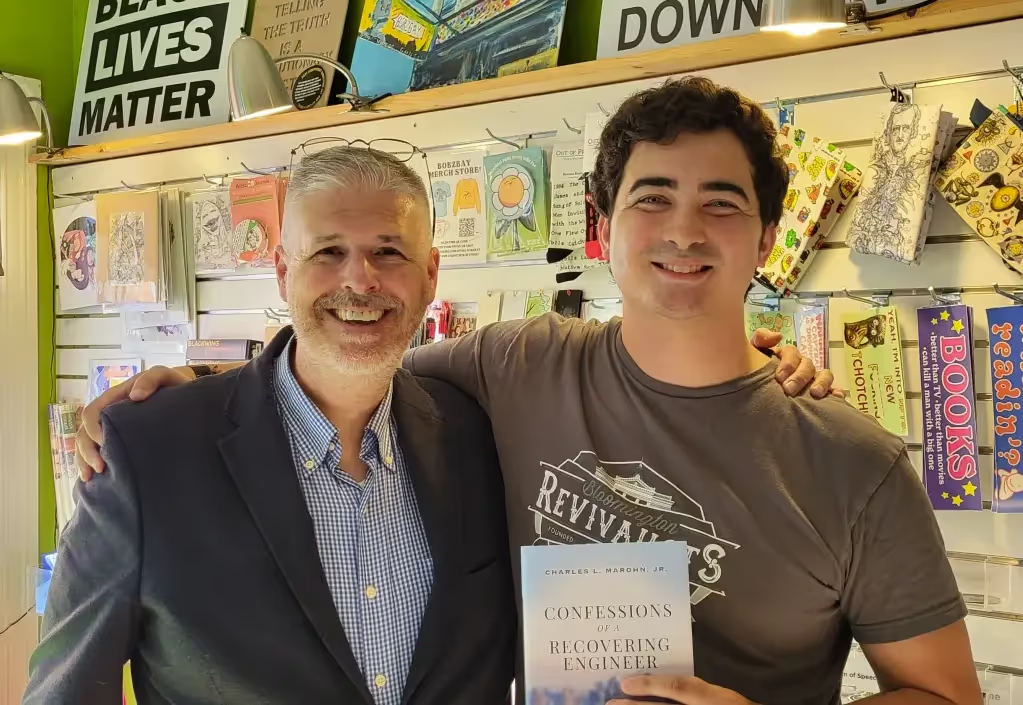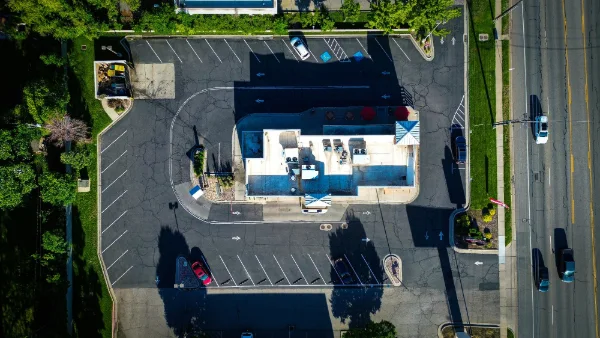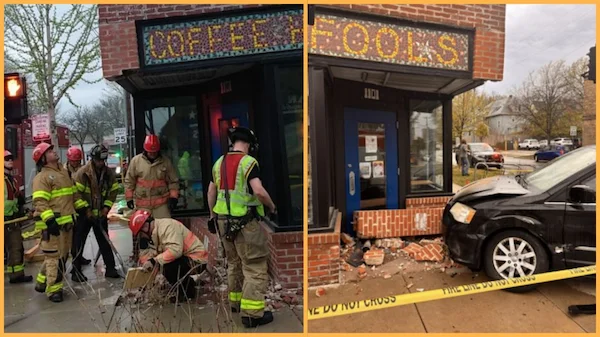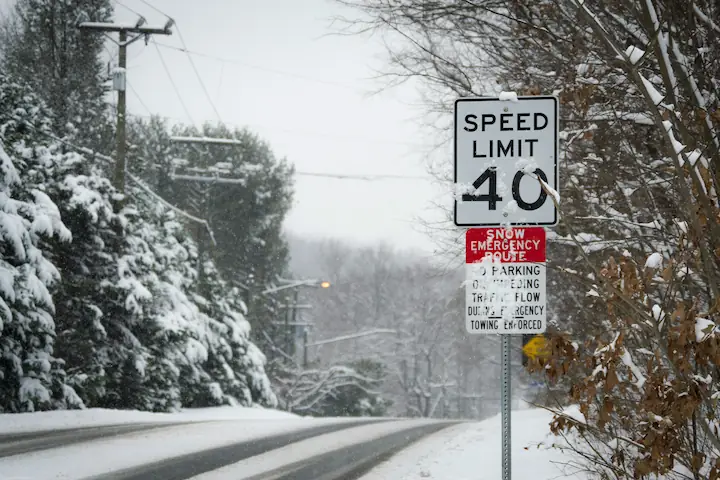When Noah Tang stood on a TEDx stage and asked his audience to “think small,” he wasn’t talking about shrinking dreams or settling for less. He was making a case for the most powerful kind of civic transformation: the kind that starts with what’s right in front of you.
Tang, a high school teacher and leader of the Bloomington Revivalists—a Strong Towns Local Conversation in Bloomington, Illinois—has made it his mission to show that small, consistent acts of stewardship can do what megaprojects and master plans often can’t. They restore trust. They build social ties. And most importantly, they get results.
“There’s nothing more empowering than putting the gloves on yourself and doing something tangible to improve your community,” Tang told the audience. “It gets the results a lot faster.”
Each month, the group picks up trash downtown, sometimes in difficult conditions. As Noah says, “Our very first trash pickup downtown Bloomington, it was 40 degrees and raining, and yet we still had 30 people show up.” This simple act of community care helps residents “actively engage with your community,” notice problems firsthand, and spark ideas for the next smallest improvements—like installing public ashtrays to reduce cigarette litter or turning blank walls into murals.
On the housing front, Tang took a very personal approach. After facing his own housing challenges, he found a small way to make a big difference: “I decided, well, I’m going to write an ad on Craigslist for the two empty rooms on my second floor… Over the past four years, I have housed eight people.” These roommates helped not only financially, but emotionally, creating a sense of community. Tang suggests that if “even a small percentage of homeowners either rented out a room in their house or built an additional unit,” it could “truly democratize the response to the housing crisis.”
🡒 Co-Living Provides Community, Not Just Housing
And sometimes, small acts of repair can restore safety and dignity. When a neighbor’s front porch stairs were “completely rotted through,” the Revivalists spent a few hours and about $100 on materials to rebuild them. “That was not a heavy lift,” Tang recalls, “but to her, that restored a sense of pride and safety and security in the place that she lives.”

Big change doesn’t have to come from billion-dollar deals or sweeping top-down plans. As Tang points out, projects like Foxconn—once hailed as transformative—often fizzle, leaving communities disappointed and overextended. Real transformation, he argues, begins with something far smaller: a neighbor picking up a shovel, noticing what’s broken, and asking, “How can we fix this together?”
And it’s working. What Tang and his community are doing in central Illinois proves that the Strong Towns method isn’t just a theory—it’s a toolkit for resilience, for community wealth, and for the kind of revitalization that lasts because it belongs to the people who live there.
So here’s the invitation: You don’t have to wait for permission to make your place stronger. Just start. Observe where people struggle. Ask what the next smallest thing is. Do it. Repeat.
Noah Tang already has. And Bloomington is better for it.



.webp)

